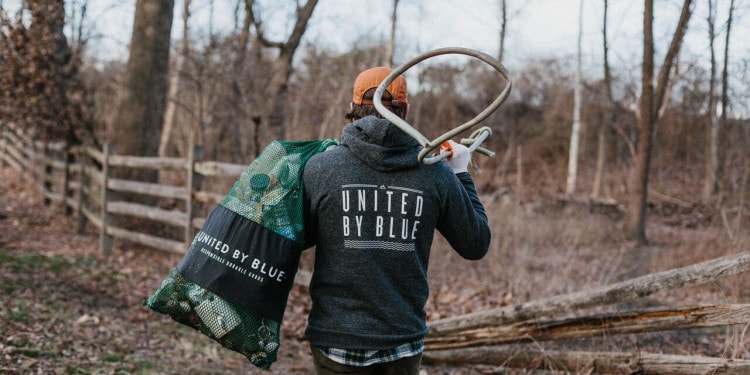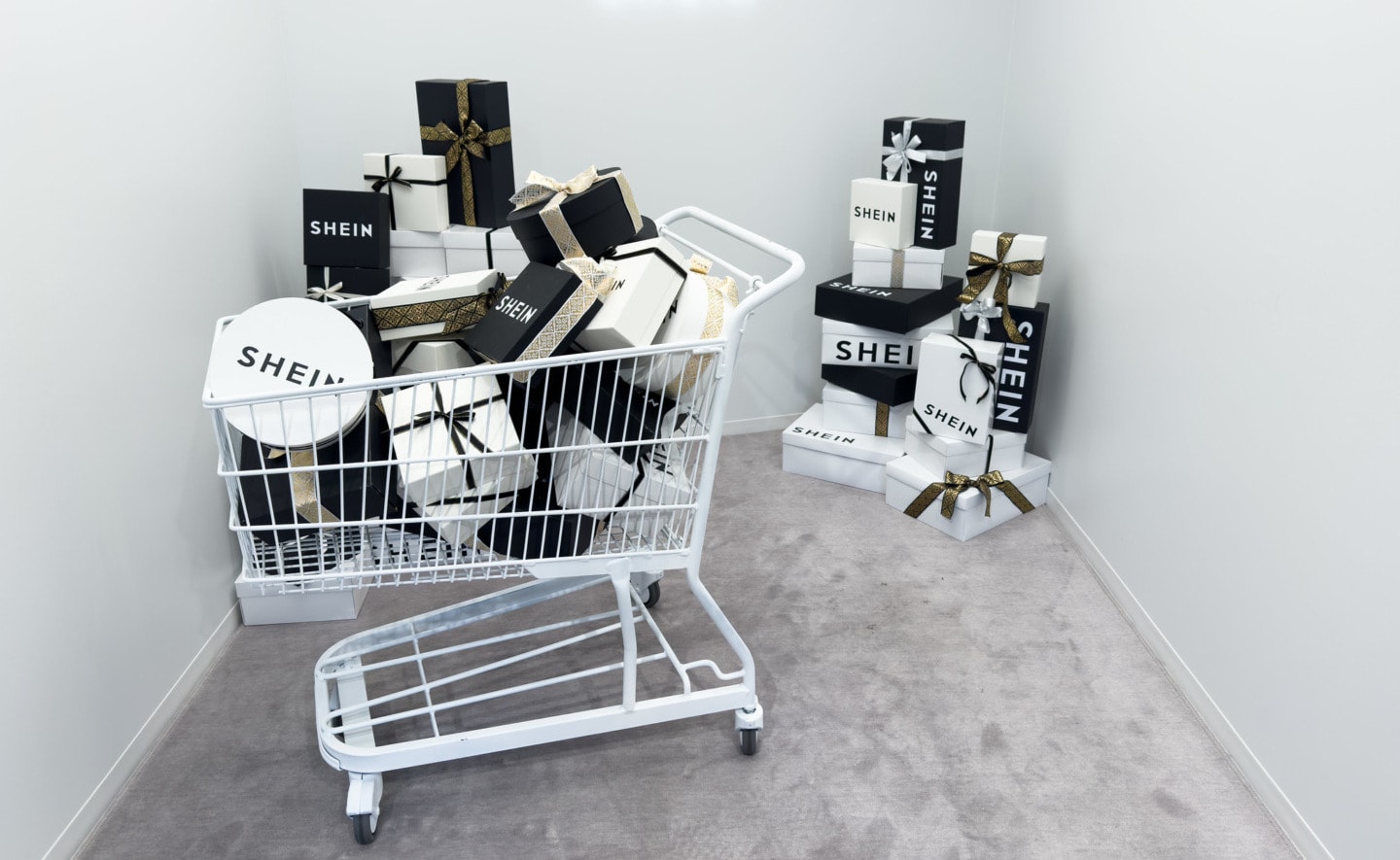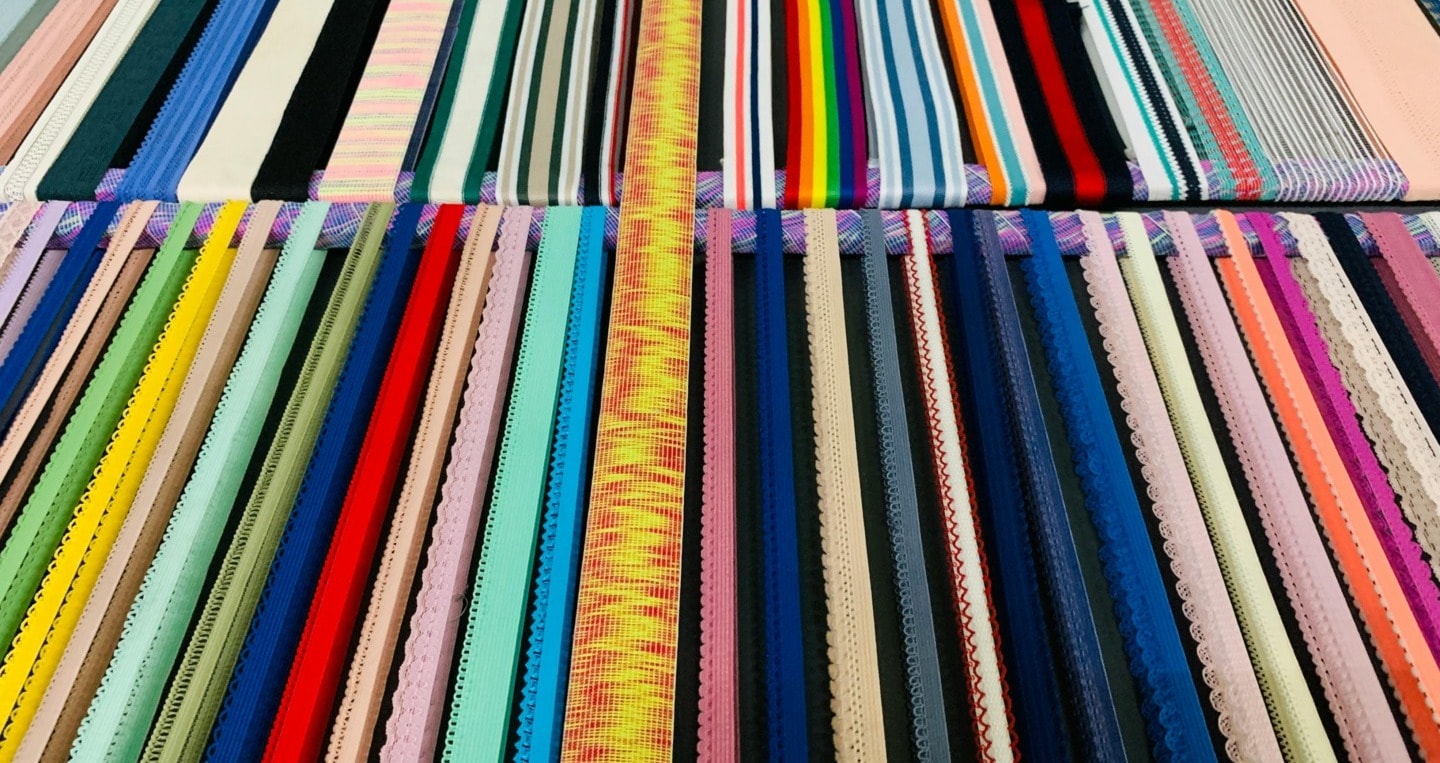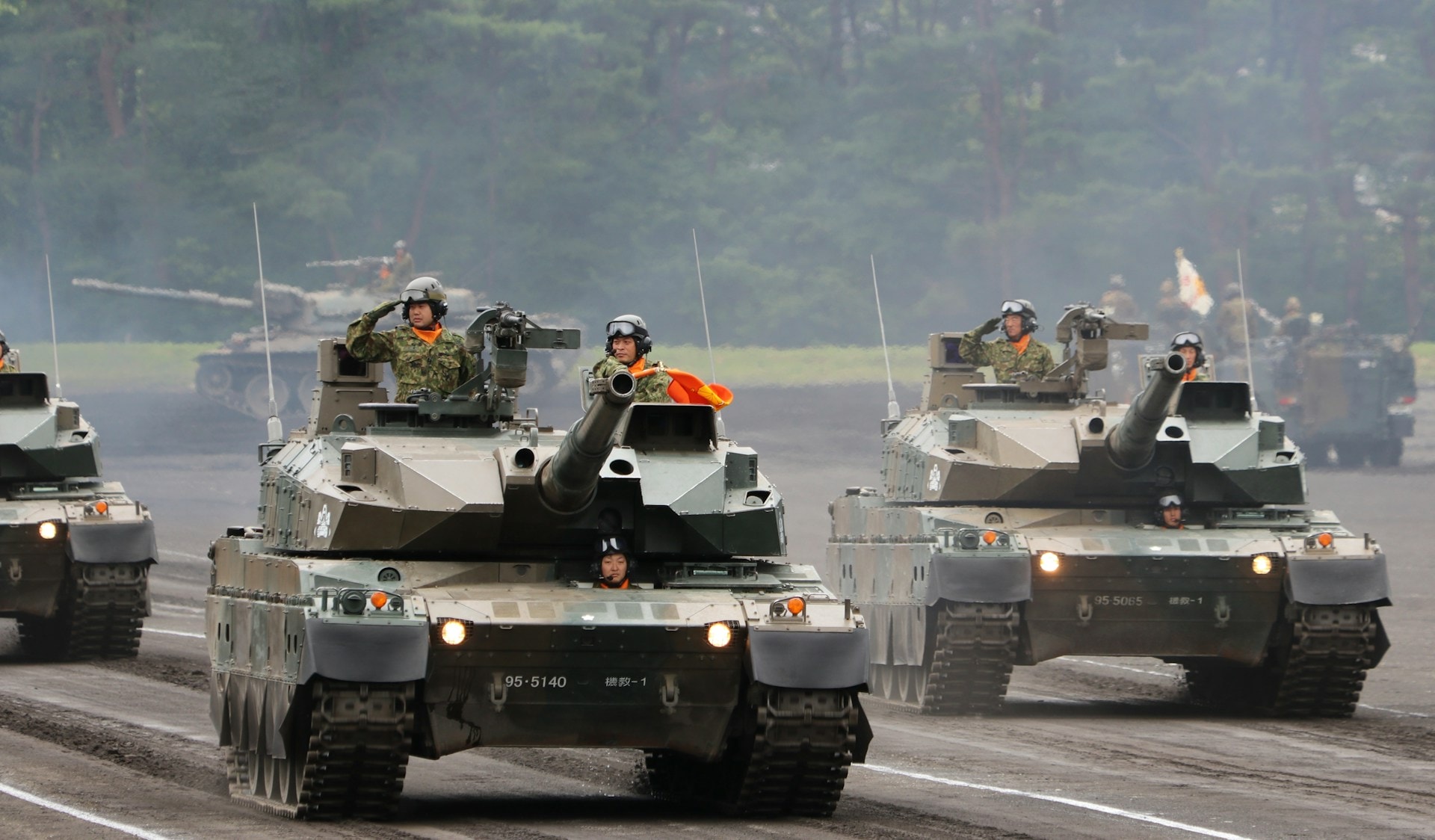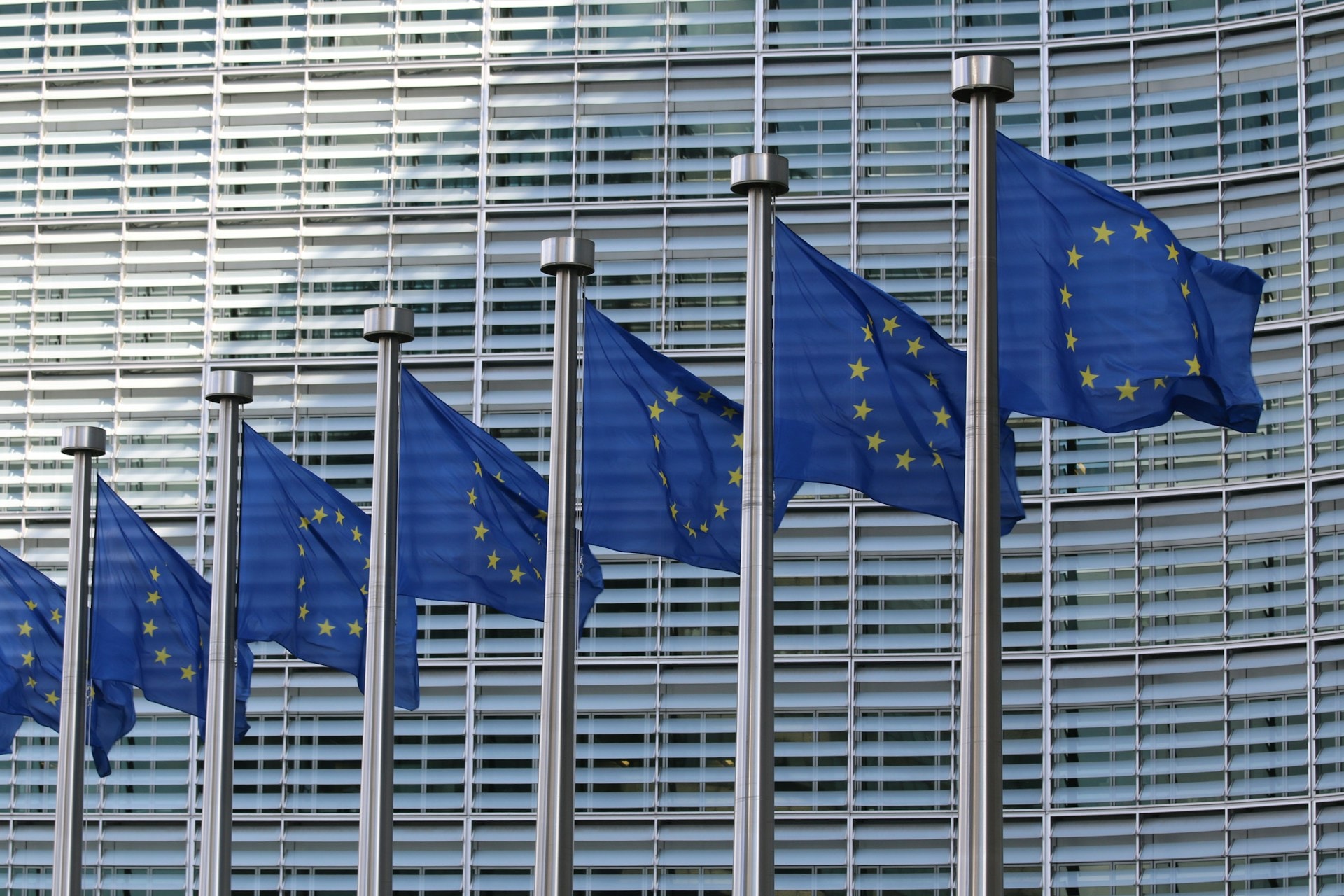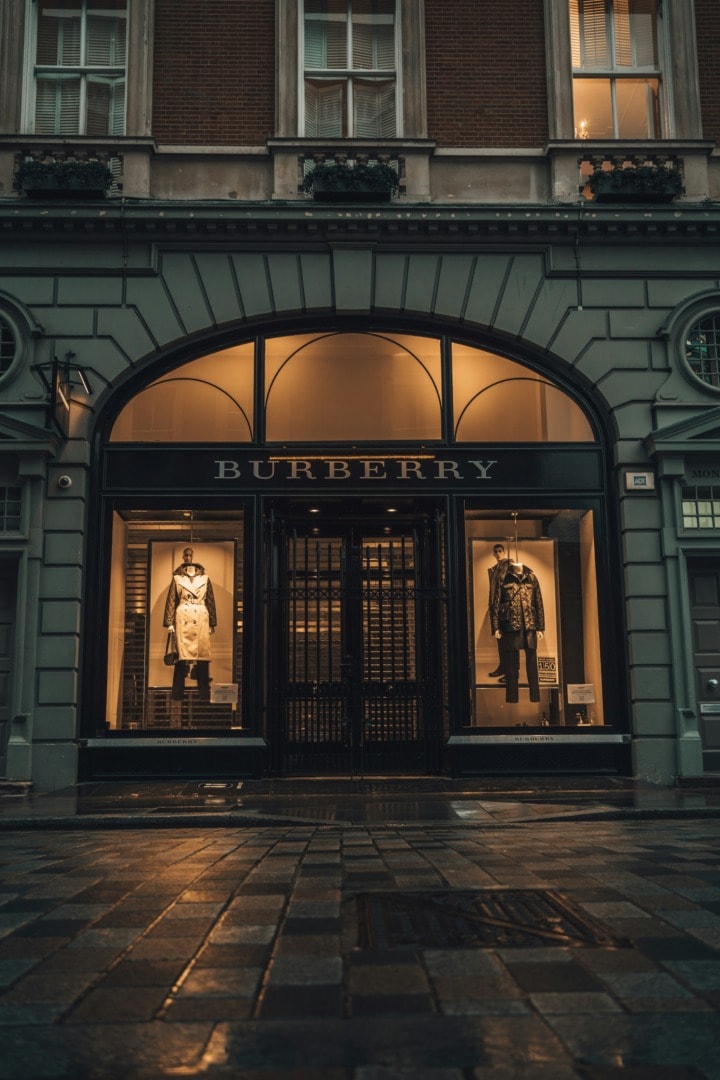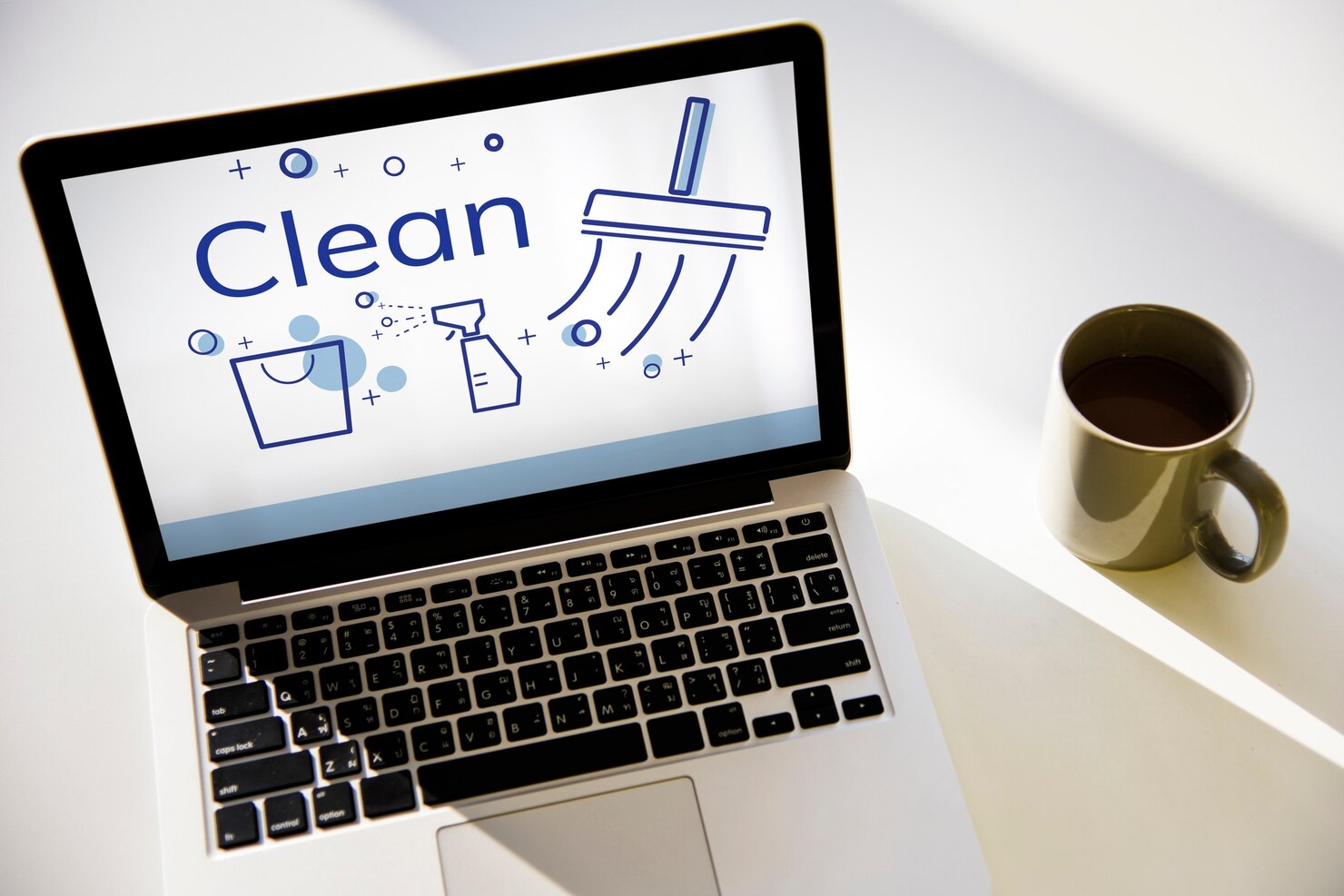When it comes to charity, the first thing that pops up in many people’s minds is the idea of a financial donation. Nonprofits, NGOs, and volunteer organizations all require funding to operate, and many people around the world are willing to chip in. In the United States alone over $390 billion was spent for philanthropic purposes in 2016, according to research conducted by The Giving Institute.
But money isn’t the only thing that can be paid out. Time and effort are two valuable resources that many sustainable companies are now becoming more privy to.
One of those companies is United By Blue, an outdoor apparel and accessories company based in Philadelphia, whose business model revolves around giving time and effort to make an impact on the world. For every product sold, United By Blue promises to clean one pound of trash from the world’s oceans and waterways, using their own trained volunteers to pick up the debris. I spoke with Brian Linton, CEO of United By Blue, to learn more about these cleanups and the impact they’ve had on the environment and people’s views on trash.
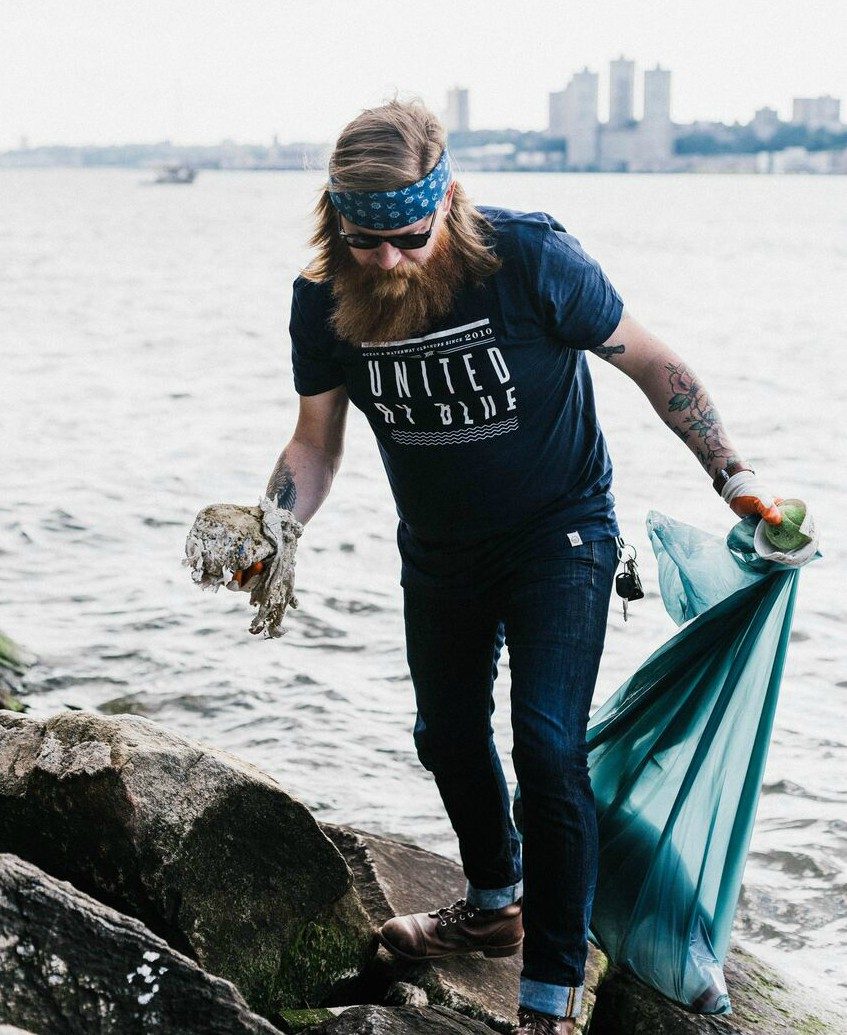
In the photo: United By Blue clean up. Credit: United By Blue
Q: What originally inspired you to get into the durable goods and apparel industry space that United By Blue operates in?
BL: So prior to United By Blue I had started a brand for resort accessories such as jewellery and belts and flip-flops. At the time I was focused on a financial donation model of donating 5% of proceeds. At the time, I really wanted to have an impact and that was the most logical way to do so in my entrepreneurial infancy. In doing so I learned a lot about social enterprise and how to do the most good, or more good and I also learned a lot about consumer goods. And so the two realisations were the outdoor apparel and accessories industry was an exciting growth opportunity, a growth sector in the outdoor industry. And having a more tangible impact through a mission that was more tangible and concrete was also a lot more impactful that a mere financial donation. So those two things manifested into United By Blue.
Q: You said you learned a lot more about social enterprise after your first business ventures, what was the evolution of that like?
BL: Well the evolution was the realisation that by giving money away, although that is a very noble thing to do, you have a very limited impact in terms of what you can accomplish. You’re basically paying for more overhead for another organisation, and there’s a redundancy there that can be eliminated by internalising the good, internalising the impact.
Here at United By Blue what we’ve created is both a for-profit business and an environmental organisation. The environmental organisation is intrinsically ingrained into the company, and therefore we have people on the team that are dedicated to our environmental efforts. The environmental efforts are therefore a part of our relationships with customers, they’re a part of our marketing efforts, they’re a part of our overall goodwill and advocacy that we create within a customer group.
It’s fully integrated and they cannot be separated, and because of that, there are less redundancies, there’s less potential for the work not to be done than if we were merely giving money away.
So, we can create a mission that scales with the business versus having an impersonal relationship with the donation-based system that I experienced before. It’s all about the full ecosystem of for-profit and environmental activism, being integrated into one organisation. That’s the realisation, that we can be a lot more impactful by being one unit, versus two units.
Q: One of your biggest initiatives is the cleanups that you do with waterways for every product sold, could you tell me a little bit more about that and how it got started?
BL: So, going back to the realisation before – when I was running my previous brand- about the impersonal nature of financial donations, ultimately what I wanted to accomplish with my business was to have an impact on oceans and waterways (that was what the donations were ultimately going towards) and so my realisation was Why can’t we just get our hands dirty? Let’s choose a mission that’s relatable to many people.
Anybody that lives near or around water can understand that if there are humans around chances are there’s trash in the water. It’s really non-controversial in the sense that you can’t argue when you see plastic bottles floating down a river or floating out to sea. You may not care but it’s hard to make the case that that’s okay. It’s obvious that they don’t belong there. We’re an outdoor brand here, we love the outdoors, we appreciate the outdoors, the outdoors is our playground. We design products for the outdoors.
The one thing that’s very important to the outdoors is to preserve the conservation of the outdoors, in order to keep them wild and free and free of pollution and man-made issues. It’s a tieback that resonates with our customers, our target customers, our aspirational customers, the people that we both sell to and talk too daily.
The mission just found a sweet spot because of the industry focus, because of the customer focus, and because of the general nature of the issues that we’re addressing.
By associating a pound of trash with every product sold we’re basically upholding a promise that we’re scaling the mission with the business. As the business has grown so too have our cleanup efforts. We hire more people into the cleanup team as we grow, we focus on more relationships with retailers to do cleanups in states and countries all over the place. We’ve done over two hundred cleanups across 27 U.S. states.
One of our goals for next year is to increase our reach, specifically in the United States, but also internationally so that we can be touching unchartered water so to speak. We believe that because we’re a for-profit business with distribution across multiple markets, having our products everywhere allows us to also use that distribution as a network for where cleanups can be conducted as well. Our distribution and our cleanups are tied together. The nature of the business and the nature of the mission is that we’re able to scale everything that we do with the environment as we scale the business.
Q: Going into the logistics, let’s say you’re ready to do a cleanup, what’s the process of searching and deciding on a location, rounding up people, and coordinating that like?
There are a few ways we choose where and how to do cleanups. The first and foremost is tied to our distribution. We have our own stores as well as our wholesale distribution. So, with our stores in Philadelphia and New York City we do cleanups regularly in both of those markets. We recruit volunteers through our store and through the engagement we have with people there such as local groups, through universities, through non-profits, basically anybody that’s looking for opportunities to come out and do good. A lot of businesses want their employees to participate to do good.
Our distribution is also our wholesale distribution, where we have about 700 retail stores across the world with United By Blue products. All of those locations become potential markets for cleanups as well. So a retailer will reach out, or we’ll see a retailer that’s really engaged, and we’ll start to talk about local waterways and local oceans that might be in need of a cleanup. And if they feel like it’s aligned with their interests as a retailer to be involved and they can commit resources to help with the recruitment of volunteers, we will happily jump in and organize cleanups in markets that are far away.
We’ve just completed a whole series of clean ups two weeks ago, in Southern California, with our retail partner there, REI. We’re based in Philadelphia but we have the ability to reach across the entire country to southern California because of our distribution network.
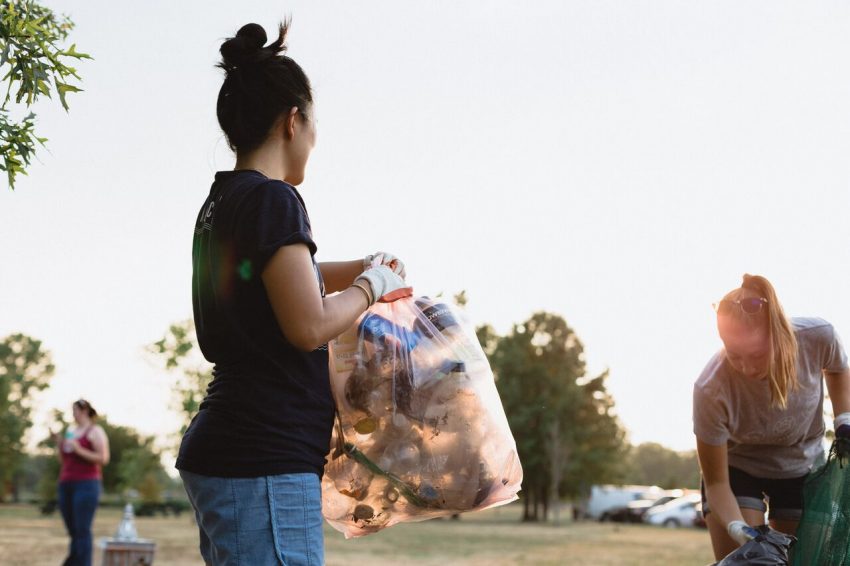
In the photo: End of a days clean up. Credit: United By Blue
Q: It’s interesting that you mention that reach as well.
BL: It separates us from regional nonprofits, and this is the other benefit of being a business focused on product and distribution and ultimately making a profit. It’s the fact that we can have much broader, far-reaching impact with our mission because we’re not necessarily a regional nonprofit or somebody that’s dependent upon grant or municipality money to actually do these events. We choose our own destiny and we can tie that to our distribution. The distribution is what generates income and the revenue to allow us to actually have an impact.
Q: What has the impact of United By Blue’s cleanups been on the environment and on local communities? Have you been able to quantify that?
BL: We’ve removed over a million pounds of trash from the environment. We’ve also had over 9,000 volunteers attend these cleanups. I would actually say that the volunteer count is almost more important, if not equally important to the amount of trash we’ve removed, because people are the ones that ultimately change the way that culture behaves around trash.
The more people that we can expose to these issues, the more people that we can get involved in the local communities, the better, and the more we can have an impact on the origin of trash as well. It’s often very eye-opening to people. Sometimes it’s a river or a beach that is right within the town, the town they grew up in. Until you actually do a cleanup you don’t really understand and appreciate just how much trash is there or even how precious and beautiful that waterway is and how important it is to protect it. Getting people involved, uniting people over these issues is a big part of what United By Blue as a brand stands for.
Q: You mentioned issue awareness, have you also worked on trying to encourage prevention of waste and trash in these areas in addition to cleanups?
BL: That’s what I mean when I talk about the impact of the volunteers and talking to them, educating them. We have a talk at the beginning of each cleanup and we go through the issues associated with trash, why it’s important and things like that. We really look at the way that we can currently change and prevent trash from getting into the environment by being a part of this cultural shift. It’s not impossible for culture and behavior to change, it just takes time, it takes a concerted effort. Culture is very, very difficult to change, but I believe that it can happen. Even things like smoking from fifty years ago, or various other activities that might have been harmful to the human body, look how far we’ve come when it comes to things like that. We can change and it takes this effort and it takes time.
Q: To your point culture is a combination of human behaviours, and as humans we can change those behaviours.
BL: Culture is the best and the worst thing of humanity. Obviously cultures are vast and varied, but you have to recognise that culture should not always be defended. There are certain things that might be a part of people’s culture or a part of their upbringing that we have to shake, we have to change. It’s not a “my way versus your way” or anything like that, we’re talking about the fundamental basics of what it means to be good stewards to your body, to your neighbours, to the Earth. These are fundamental truths, and they’re not about culture, but sometimes culture is in conflict with those things.
Q: What does the future of United By Blue look like in your eyes?
BL: The future of United By Blue is to be a leading outdoor brand that is found in stores across the world and is synonymous with sustainability and conservation, and is one of the leading social enterprises in the world. It’s an organisation that values our employees, our customers, and our volunteers, and looks at them all as an important part of a united community around brand and around the issues that we care about. It’s a brand with a lot of respect and a lot of people that support it because we’re known for our integrity and our authenticity.
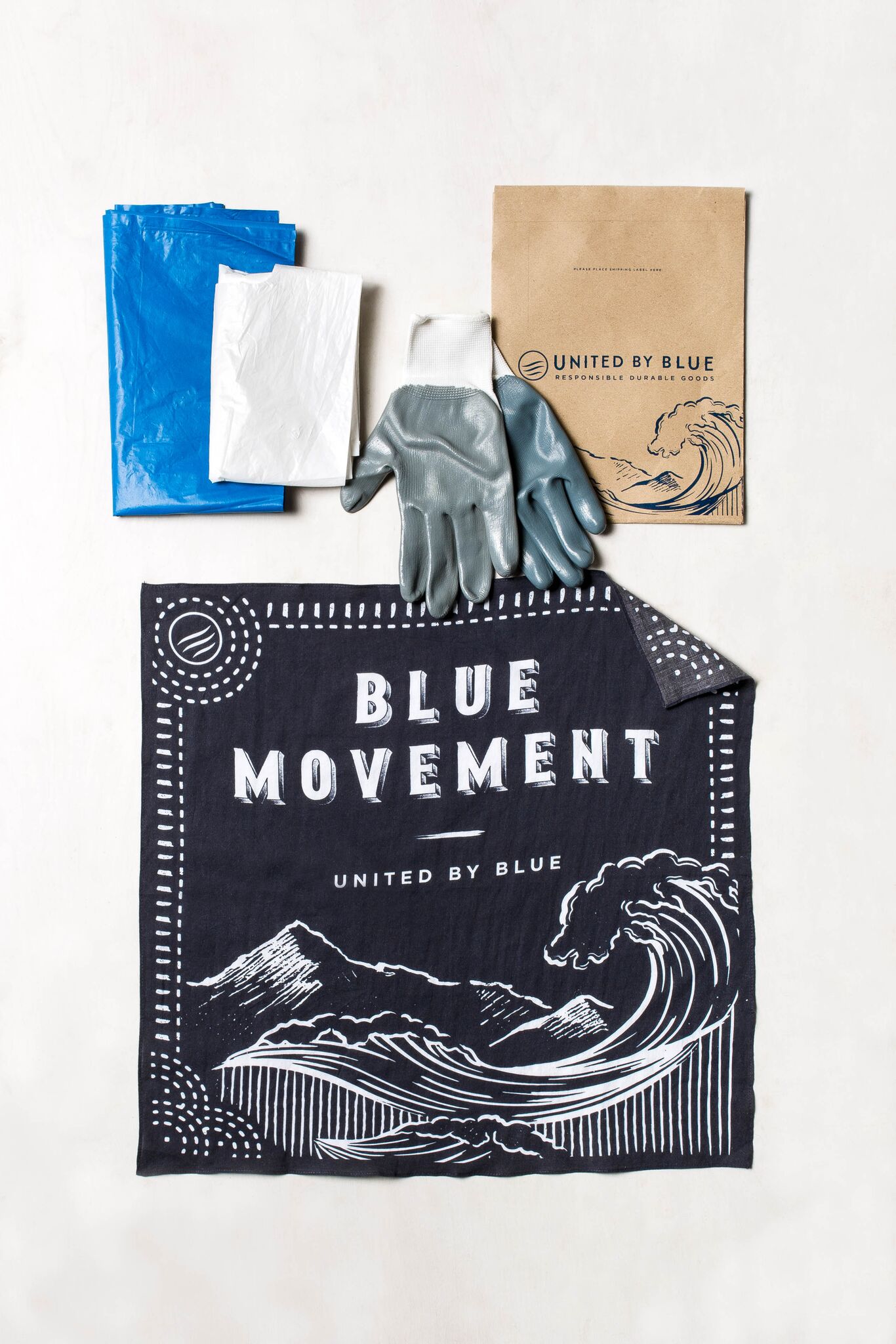
If you enjoyed this article and want to support United By Blue’s efforts to clean up America’s waterways, then check out their 2nd Annual Blue Friday event, an initiative to get individuals outside on Black Friday to perform a DIY cleanup in lieu of Black Friday shopping. Head over to unitedbyblue.com/bluefriday to purchase a United By Blue DIY ($5 with free shipping). The kit includes a pair of gloves, two trash bags (one for the landfill and one for recycling), cleanup instructions printed on the shipping package, and a #BlueMovement bandana made from 100% organic cotton.


